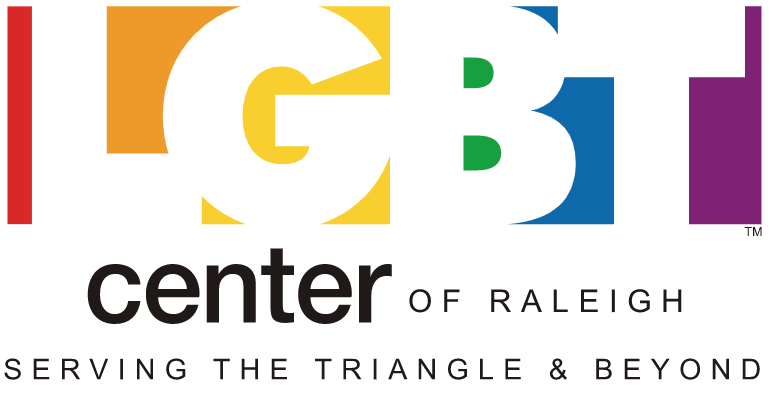Steps Towards Being a Supportive Ally
If you have a loved one who is LGBTQ+ or simply identify as an ally of the community, knowing how to be supportive can sometimes be overwhelming. While this guide is not exhaustive and may not apply to every situation, it’s intended to help provide individuals looking to show their support to the LGBTQ+ community with a jumping-off point if they’re unsure where to start.
One of the most, if not the most, important aspect of being an LGBTQ+ ally is providing a safe space. This means providing a space for LGBTQ+ individuals that allows them to be their true selves without judgment, worry of punishment, or fear of having their gender identity or sexuality being invalidated. Ways to foster a safe space include making an effort to say your preferred name and pronouns when introducing yourself (which could encourage others to do the same), allowing discussions about LGBTQ+ topics, providing an opportunity for individuals to engage with LGBTQ+ media, listening to the grievances of LGBTQ+ individuals, and making an effort to learn and use individuals’ preferred name and pronouns. If this feels like too large of a step, you can always start with just affirming the identities of LGBTQ+ individuals.
Another important aspect of being an LGBTQ+ ally is being informed. This includes being informed on the many different LGBTQ+ identities within the community. While this list is ever-changing, you can start with understanding the history of the identities contained in the LGBTQIA2S+ acronym. The following article by National Geographic is a good place to start: https://education.nationalgeographic.org/resource/from-lgbt-to-lgbtqia-the-evolving-recognition-of-identity/. The queer community has a rich and oftentimes heavy history, but knowing your way around it can help you apply this knowledge in the real world and advocate for LGBTQ+ individuals. Some good places to start when learning about the history of the LGBTQ+ community is researching the Stonewall Riots and the AIDS epidemic. If you can gain access to them, some good documentaries to learn about queer history are Disclosure (transgender people in media), The Celluloid Closet (gay people in media), Paris is Burning (ballroom and vogue culture), and How to Survive a Plague (AIDS epidemic).
Allyship also involves advocacy. This doesn’t necessarily have to mean speaking about LGBTQ+ issues at town halls, it can also mean speaking out when someone says something hurtful towards LGBTQ+ individuals, whether directly or indirectly. Advocacy can also mean voting for candidates that support LGBTQ+ issues when election season rolls around.
As you continue on your journey of allyship, remember to be patient with yourself and with others. You may get someone’s pronouns wrong a few times before being able to use them flawlessly. You may not understand some aspects of the LGBTQ+ community initially and may be left feeling lost and confused. You may not know what to say when someone says something homophobic. Allyship is a skill that is learned and fostered over time. Your efforts are not unnoticed and your intent of becoming a better ally for the queer community is appreciated.
Best of luck!
Written by LGBT Center of Raleigh intern - Beau
